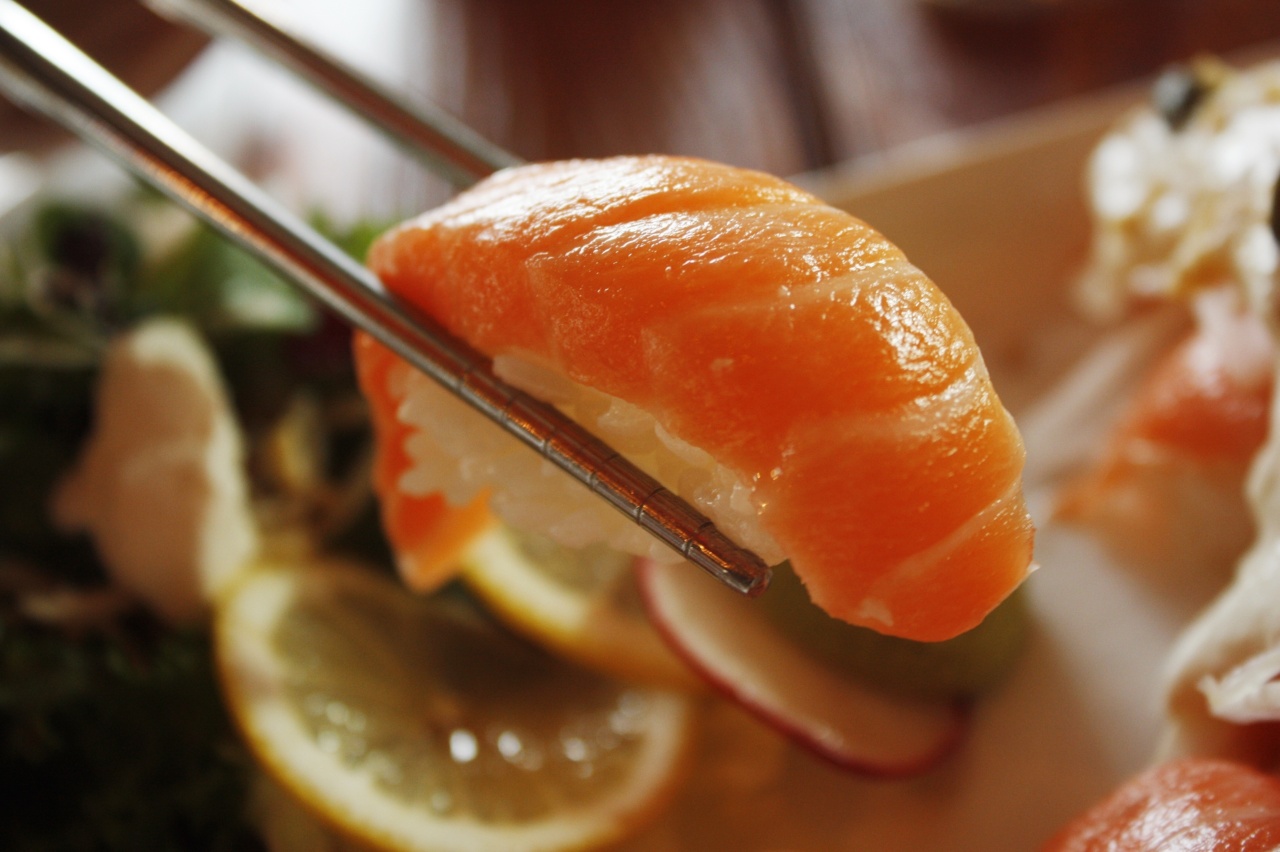It’s no secret that what you eat is important for maintaining a healthy weight, but did you know that when you eat can also play a role? By timing your meals strategically, you can avoid weight gain and even promote weight loss.
Here are 30 ways to time your meals to keep your waistline in check:.
1. Eat breakfast within an hour of waking up
Starting your day with breakfast kickstarts your metabolism and can help prevent overeating later in the day. Aim to eat a balanced meal within an hour of waking up.
2. Don’t skip meals
Skipping meals can lead to overeating later on and mess with your body’s natural hunger signals. Make sure to eat regular meals throughout the day.
3. Have a mid-morning snack
If you tend to get hungry a few hours after breakfast, plan to have a healthy mid-morning snack like a piece of fruit or a handful of nuts to tide you over until lunchtime.
4. Eat a balanced lunch
Make sure your lunch includes protein, healthy fats, and fiber to keep you full and satisfied throughout the afternoon.
5. Take a break mid-afternoon
Get up and take a short walk or stretch break in the mid-afternoon to avoid mindless snacking and help keep your energy levels up.
6. Eat an early dinner
Eating dinner earlier in the evening can help prevent late-night snacking and give your body time to digest before bed.
7. Avoid eating late at night
Snacking or eating a heavy meal too close to bedtime can interfere with sleep and lead to weight gain. Aim to finish eating at least 2-3 hours before bed.
8. Eat slowly and mindfully
Take the time to enjoy your meals and savor each bite. Eating slowly can help you feel full faster and prevent overeating.
9. Watch portion sizes
Be mindful of how much you’re eating and try to stick to appropriate portion sizes. Measuring out your food or using smaller plates can help.
10. Drink water before meals
Drinking a glass of water before meals can help you feel fuller and prevent overeating.
11. Plan your meals in advance
Take the time to plan out your meals in advance to avoid making unhealthy choices when you’re hungry and tired.
12. Avoid eating in front of the TV or computer
Mindless snacking in front of a screen can lead to overeating. Try to eat at a table without any distractions.
13. Use smaller plates
Using smaller plates can help you eat smaller portions without feeling deprived.
14. Don’t drink your calories
Sugary drinks like soda and juice can pack on the calories without providing much nutrition. Stick to water or unsweetened tea instead.
15. Eat protein with every meal
Protein can help you feel full and satisfied, preventing overeating and promoting weight loss.
16. Keep healthy snacks on hand
When hunger strikes between meals, having healthy snacks like fruit, nuts, or veggies on hand can prevent overeating or making unhealthy choices.
17. Avoid processed foods
Processed foods are often high in calories, sugar, and unhealthy fats. Stick to whole, unprocessed foods for optimal health.
18. Chew gum when you’re hungry
Chewing gum can help temporarily suppress your appetite and prevent overeating.
19. Drink tea instead of snacking
Drinking tea can provide a boost of caffeine and antioxidants without adding extra calories.
20. Avoid eating until you’re stuffed
Listen to your body’s hunger signals and stop eating before you feel uncomfortably full. Overeating can lead to weight gain and digestive issues.
21. Eat slowly digesting carbs
Choosing slow-digesting carbohydrates like whole grains, vegetables, and fruits can help keep you full for longer and prevent overeating.
22. Cut back on alcohol
Alcohol can be high in calories and can also cause you to overeat. Try to limit your alcohol intake or opt for lower-calorie options like wine or beer.
23. Get enough sleep
Getting enough sleep is crucial for maintaining a healthy weight. Lack of sleep can disrupt hormone levels and lead to overeating.
24. Practice stress-reduction techniques
Stress can lead to emotional eating and weight gain. Practicing stress-reduction techniques like meditation or yoga can help lower stress levels.
25. Don’t eat out of boredom
Mindless snacking can lead to overeating. Try to find other activities to occupy your time when you’re feeling bored or restless.
26. Eat mindfully
Pay attention to the taste, texture, and smell of your food to fully enjoy your meals and prevent overeating.
27. Keep a food journal
Keeping track of what you eat can help you identify problem areas and make healthier choices going forward.
28. Avoid eating on-the-go
Sitting down to eat can help you fully enjoy your meals and prevent overeating or mindless snacking.
29. Use spices and herbs
Adding spices and herbs to your meals can provide flavor without adding extra calories or unhealthy fats.
30. Enjoy treats in moderation
You don’t have to give up your favorite treats completely, but enjoy them in moderation to avoid weight gain.




























